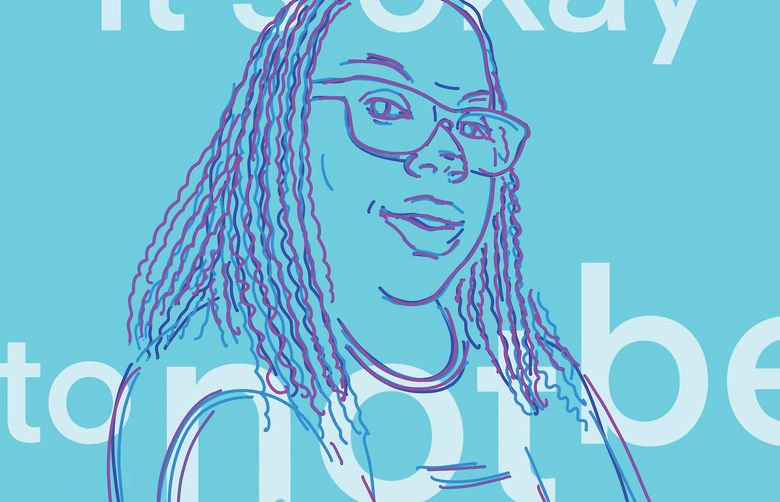Editor’s note: This article was published in partnership with the Youth Voice program, which provides writing opportunities to young people across the country with experience in the child welfare and juvenile justice systems.
Imagine having a stable home environment, consistency in daily routine for school, and knowing there’s support on every step of the journey toward higher education. Now, picture having all of that abruptly changed. As a young person who has experienced both foster care and homelessness, schooling has always been something I loved to do. But managing school while being in the system was a hurdle that took me years to overcome.
In school, I have always excelled in academics. In eighth grade, I won ”Girl of the Year Award” for all my perseverance and overcoming stigmas because of my status as a foster youth. By the time I entered high school, I had put in a lot of work in all of my classes. When sophomore year rolled around, I was enrolled in junior and senior classes for writing and several honors classes. I had even skipped ahead a grade.
School was always a place that felt normal to me. I knew the work I had to do and always tried to elevate my homework and presentations. Despite my efforts, the school I attended failed me as a foster youth. When I tried enrolling in the Running Start program, a program that allows high school students to take some college courses, I was denied based on my age instead of my grade level. As a result, I felt disheartened about my ability in schoolwork and lacked the confidence to see a college degree in my future.
When I was told I couldn’t do Running Start, I decided I would drop out completely and do a different program that would allow me to take both. This new program was quite a big step and did not have the right set of supports for preparing me to transition into not just adulthood but also higher education.
What could my school have done to help prepare me? High school counselors are supposed to guide a young person through their class options and potential career interests. They could have evaluated my grade level and accepted my interest in attending college early while I was still attending high school. Since they failed to meet me where I was, I decided it was better to do it all on my own. I sought help from the limited counselors available through a high school completion program. Attending those classes introduced me to college-level courses but I was unprepared and struggled to balance college-level life.
I got wrapped up in maintaining a social life with new friends I made on campus and started to slack off because the environment was so unstructured. I saw the type of support my friends had received when they were in the Running Start program and, looking back now, I wish I would have had the same opportunities as my peers. They had weekly check-ins, progress reports and conversations regarding the student’s emotional well-being as they simultaneously handled both high school and college courses. Those were the types of support I missed. Lacking that institutional support caused me to focus less on my academic goals and focus more on an unstable social life.
In the end, I took much longer to graduate from high school and still haven’t finished college. Even though my journey to pursue higher education was deferred, I haven’t given up on completing my degree.
If there’s any advice I could give, it would be to not let barriers stop you from achieving your potential and to create a support system that works for you in whatever decision for higher education you follow. Sometimes, that can mean it will take longer — that’s all right, too. In my path, I had to face family issues, the death of a parent, and traumas head-on before I could come back and work toward finishing a degree in college. During that time, I learned that passions can become careers. Now, writing is something I am working toward completing at a community college this year.
If I could tell one thing to a younger me, it would be to stress less over things that are out of my control and to focus on finding stability and what will fulfill my future.
